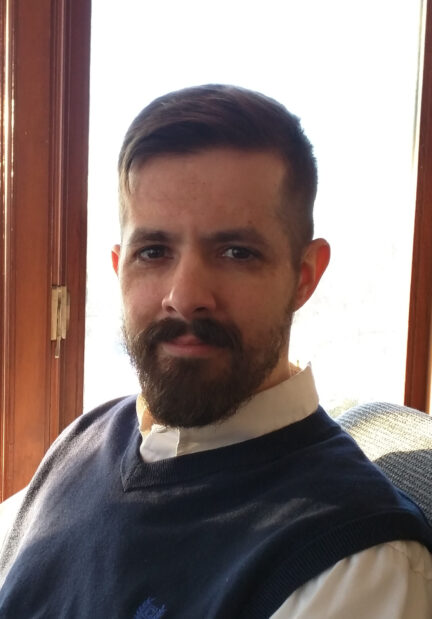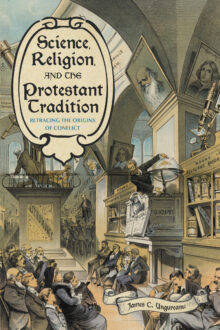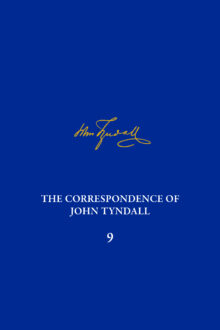

James C. Ungureanu
James C. Ungureanu is Upper School humanities teacher at The Stony Brook School in New York. He also serves as unit coordinator of religion and science for the Upper Midwest Region of the American Academy of Religion.
Science, Religion, and the Protestant Tradition
Retracing the Origins of Conflict
The story of the “conflict thesis” between science and religion—the notion of perennial conflict or warfare between the two—is part of our modern self-understanding. As the story goes, John William Draper (1811–1882) and Andrew Dickson White (1832–1918) constructed dramatic narratives in the nineteenth century that cast religion as the relentless enemy of scientific progress. And yet, despite its resilience in popular culture, historians today have largely debunked the conflict thesis. Unravelling its origins, James Ungureanu argues that Draper and White actually hoped their narratives would preserve religious belief. For them, science was ultimately a scapegoat for a much larger and more important argument dating back to the Protestant Reformation, where one theological tradition was pitted against another—a more progressive, liberal, and diffusive Christianity against a more traditional, conservative, and orthodox Christianity. By the mid-nineteenth century, narratives of conflict between “science and religion” were largely deployed between contending theological schools of thought. However, these narratives were later appropriated by secularists, freethinkers, and atheists as weapons against all religion. By revisiting its origins, development, and popularization, Ungureanu ultimately reveals that the “conflict thesis” was just one of the many unintended consequences of the Protestant Reformation.
The Correspondence of John Tyndall, Volume 9
The Correspondence, February 1865—December 1866
This ninth volume of the Tyndall correspondence contains 314 letters. Tyndall was by now in his mid-forties and in the prime of life. His career as a man of science was firmly established and flourishing. He had been professor of natural philosophy at the Royal Institution for more than a dozen years. He had established himself as Michael Faraday’s successor, and during the intervening years had taken on an increasing number of Faraday’s wide range of duties. This volume also covers the period of Faraday’s increasing illness and withdrawal from public life, which had a significant impact on Tyndall both personally and in terms of his standing in the scientific world. Since Tyndall’s appointment at the RI in 1853, Faraday had been a mentor and a close personal friend. Despite their difference in age, politics, religion, and science, the two men clearly held each other in great affection. Correspondence between them is few in number in this volume, but letters from Tyndall to Faraday’s niece Jane Barnard make the affection clear.


